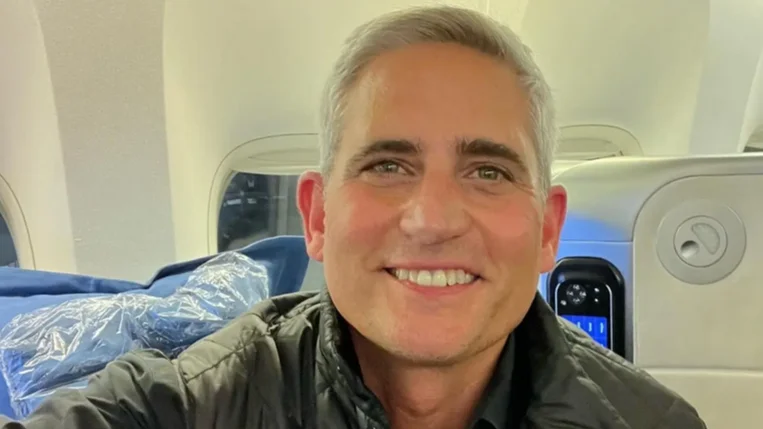Recent studies have brought attention to the health implications of living near airports, particularly focusing on noise pollution. University College London (UCL) conducted research to examine the long-term effects of aircraft noise on human health. The study, published in the Journal of the American College of Cardiology, involved 3,635 participants residing near major airports in England: Birmingham, London Gatwick, Heathrow, and Manchester.
The research compared individuals living in high-noise areas—defined as over 50 decibels during the day and 45 at night—with those in quieter regions. These levels surpass World Health Organization recommendations. MRI scans revealed that "those who lived in areas with higher than recommended aircraft noise levels had stiffer and thicker heart muscles," impacting their heart's efficiency.
The study also noted a correlation between prolonged exposure to aircraft noise and increased risks of cardiac events. UCL stated these abnormalities could lead to "two- to four-fold increased risks of a major cardiac event such as a heart attack, life-threatening heart rhythms, or stroke."
 Alerts Sign-up
Alerts Sign-up










